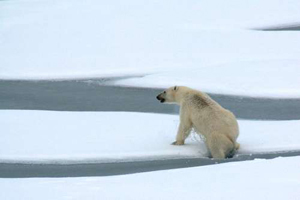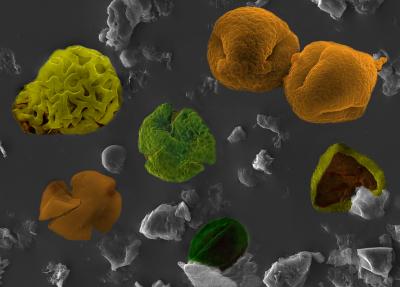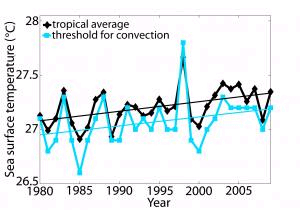Improved Measurements of Sun to Advance Understanding of Climate Change
WASHINGTON — Scientists have taken a major step toward accurately determining the amount of energy that the sun provides to Earth, and how variations in that energy may contribute to climate change.
In a new study of laboratory and satellite data, researchers report a lower value of that energy, known as total solar irradiance, than previously measured and demonstrate that the satellite instrument that made the measurement—which has a new optical design and was calibrated in a new way—has significantly improved the accuracy and consistency of such measurements. (more…)




